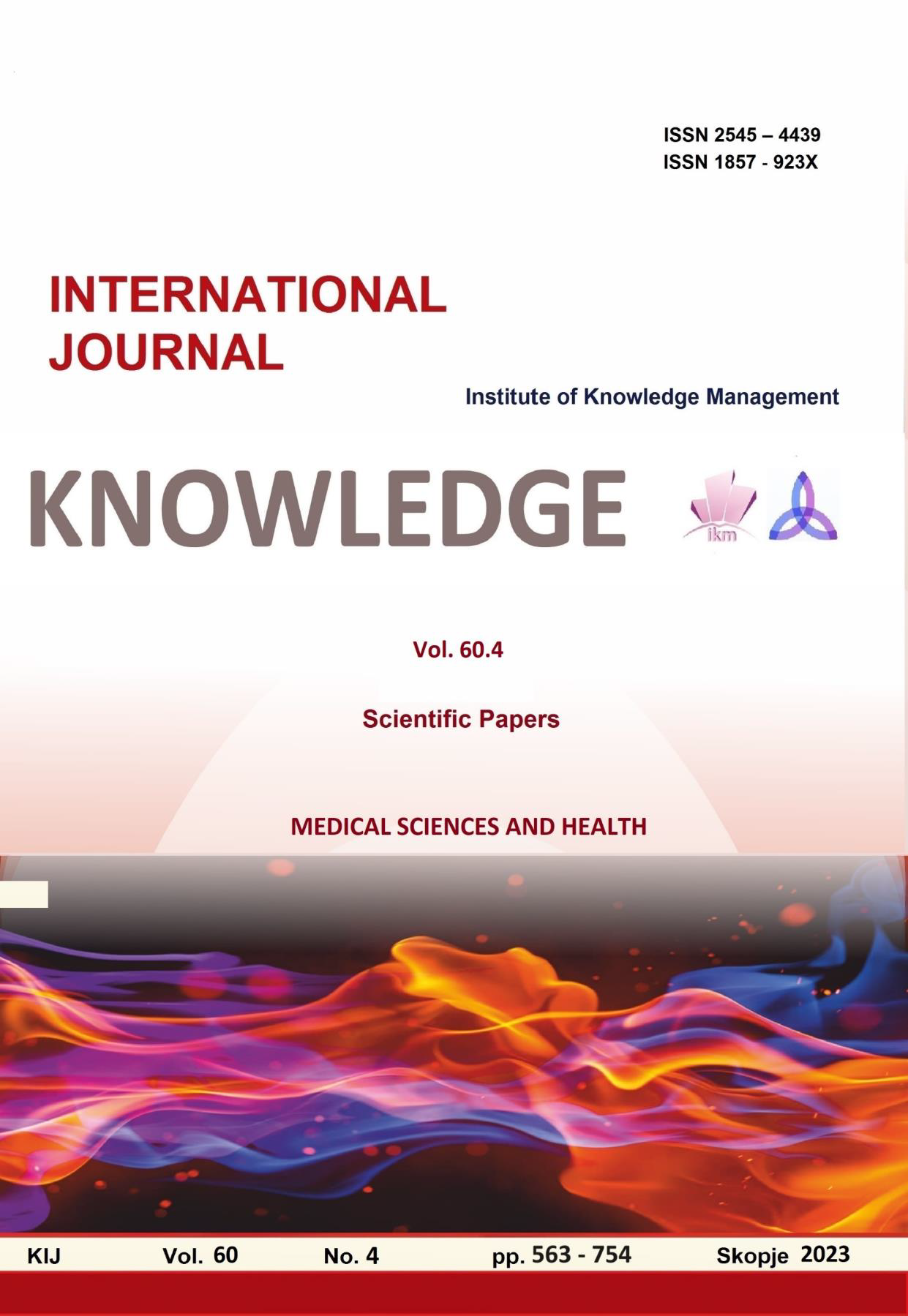IMPACT OF CLIMATE CHANGE ON DISASTER MEDICAL RESPONSE RESILIENCE
IMPACT OF CLIMATE CHANGE ON DISASTER MEDICAL RESPONSE RESILIENCE
Author(s): Mariya Georgieva, Stoyan Kyurkchiev, Elena Valkanova, Rumyana EtovaSubject(s): Social Sciences, Sociology, Health and medicine and law
Published by: Scientific Institute of Management and Knowledge
Keywords: Climate Change;Disaster Resilience
Summary/Abstract: The climate is an extremely complex system including not only the atmosphere but also the oceans, the Earth's ice cover, land and biomass, the atmosphere being the most dynamic part of the climate system. Based on the accumulated data from measurements of climatic elements, a significant change in the mean temperature on the surface of the Earth is recorded since the end of the 19th century and the beginning of the 20th century. Climate change on a global scale is the cause of the occurrence of various meteorological events with unusual intensity and power. The scale of these events often takes on catastrophic proportions with a pronounced disparity between the available and necessary means and capabilities to deal with the consequences. A key factor in addressing these challenges is good preparedness and high resilience of the civil protection system. The aim of this study is to assess the role and significance of climate change for disaster resilience of medical support. Materials and methods: Documentary, descriptive and comparative methods are used to analyze various meteorological processes, phenomena and changes in recent years and their impact on disaster resilience. Results and discussion: The formation of climatic conditions strongly depends on various external (cosmogenic) and internal (terrestrial, geophysical, geological, geographical, anthropogenic) factors. The changes they cause lead to instability in climate elements, manifesting as extreme events. Fluctuations in the flow of streams and rivers and snowmelt, an increase in the frequency and duration of heavy rainfall or prolonged periods of drought follow. Heavy and intense rainfall causes floods and landslides, while little or no rainfall leads to drought and wild fires. Achievement of resilience to meteorological disasters requires an increase in material, financial and human resources, which are used for prevention and recovery. This represents a serious challenge, considering the significant increase in their frequency. Nowadays it is necessary to anticipate and prepare disaster response means and capabilities that could be utilized in the context of recovery from a previous overwhelming event. Maintaining disaster resilience is possible if the risk of unusual and uncharacteristic events that are made possible due to climate change is analyzed and predicted. Conclusion: The increase in the frequency and intensity of the disasters related to climate change requires an acceleration of recovery and a rapid return to normal functioning, both of the affected and the responsible structures. Proper risk assessment and prevention that take into account the changing factors of the climate and environment will reduce the negative impact on the society and the economy.
Journal: Knowledge - International Journal
- Issue Year: 60/2023
- Issue No: 4
- Page Range: 743-748
- Page Count: 6
- Language: English

